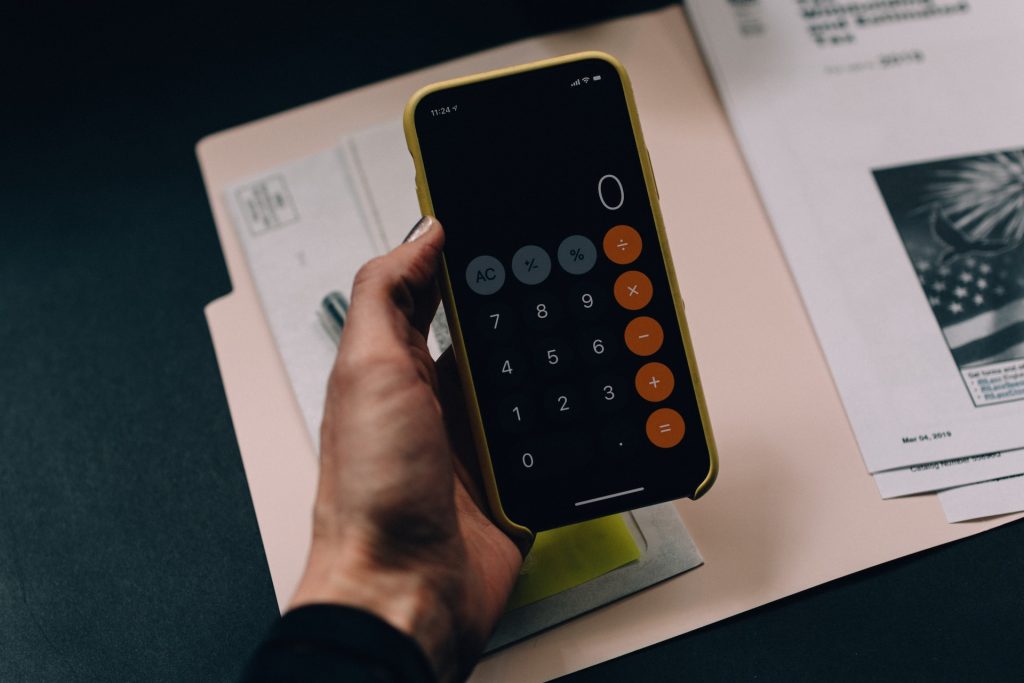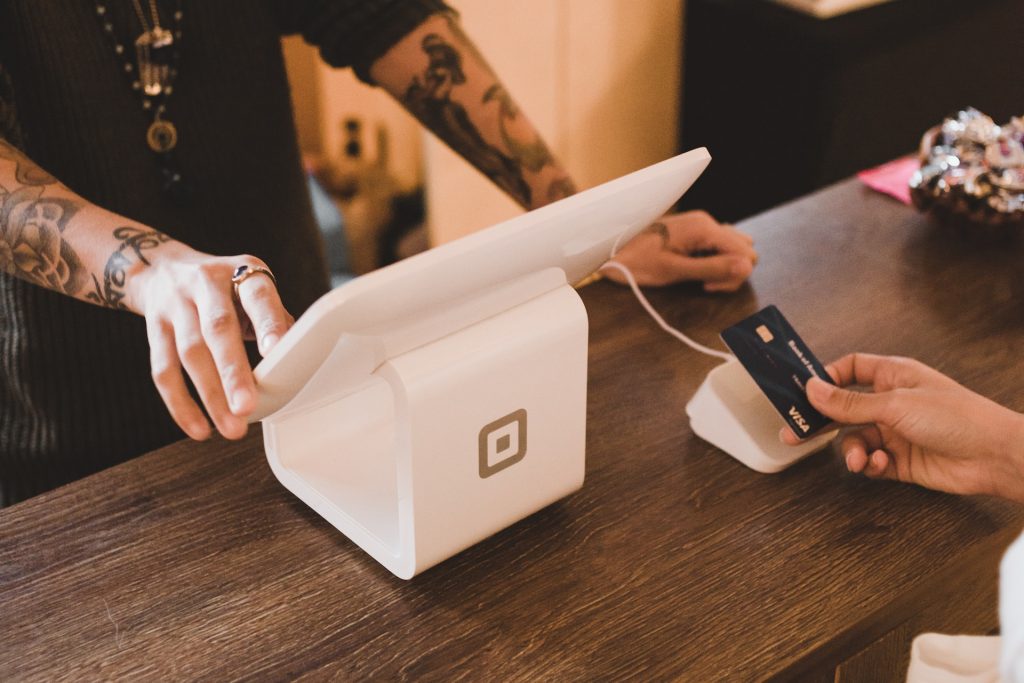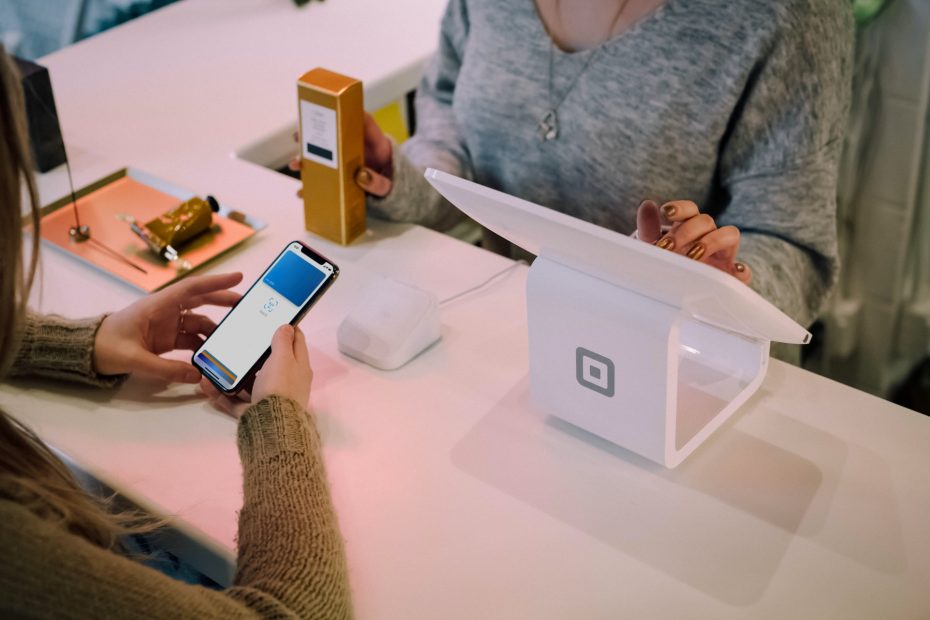Buy Now, Pay Later (BNPL), as the name suggests, is a modern, innovative payment solution that has revolutionized the way consumers shop. Essentially, BNPL is a form of short-term financing that empowers purchasers to acquire products or services instantly, yet disperse the payment over an agreed period – typically with no interest. This form of financing has become increasingly popular due to its flexibility, convenience, and relative ease of use.
How does Buy Now, Pay Later Work?
BNPL operates much like traditional loans or credit plans but with notable differences. When a consumer opts for a BNPL plan at the point of sale, they’re essentially getting a micro-loan from the BNPL provider. This loan covers the upfront cost of the purchase, which the consumer then pays back in scheduled installments.
First, the customer finds a product they want to purchase from a retailer that offers BNPL financing. At the point of sale, instead of making the total payment upfront, the consumer opts for the BNPL option, which is typically visible on the retailer’s payment page.
Once the BNPL option is selected, a micro-credit agreement is established between the customer and the BNPL provider. This agreement includes a small down payment made by the customer, usually approximately 25% of the total purchase price. This initial payment is followed by a series of fixed, interest-free payments, typically spread over a few weeks or months.
How these payments are made can vary. In most cases, they are automatically deducted from the consumer’s debit card, bank account, or credit card. However, some BNPL providers may offer the option to pay via check or bank transfer, although automatic payments are generally favored by these companies.
Interestingly, some BNPL services offer a degree of flexibility. For example, if a customer can’t make a payment on time, they may be able to reschedule it, often without incurring extra costs. However, failing to pay at all might lead to additional charges and can affect the consumer’s credit score.
Most BNPL plans follow a similar pattern:
- The consumer selects the BNPL option at checkout.
- The BNPL provider conducts a quick credit check or risk assessment.
- If approved, the consumer completes the purchase and agrees to repay the loan in a series of installments, usually spread over weeks or months.
- The BNPL provider settles the payment with the retailer, taking the risk of the consumer defaulting on the payment.

Advantages of Buy Now, Pay Later Financing
There are several reasons why consumers are drawn to BNPL financing:
1. Convenience: BNPL provides consumers the ability to secure products or services immediately, even if they lack the full payment upfront.
2. No Interest: Most BNPL providers don’t charge interest if payments are made within the agreed period.
3. Easy Approvals: Obtaining BNPL financing is typically faster and less stringent than traditional loans or credit cards.
4. Improved Cash Flow: With BNPL, consumers can manage their cash flow better by spreading the cost of large purchases over a longer period.
Disadvantages of Buy Now, Pay Later Financing
However, BNPL financing isn’t without its drawbacks:
1. Risk of Overspending: The ease and convenience of BNPL financing can lead to impulse buying and overspending.
2. Late Payment Fees: Failure to meet the repayment schedule can result in late payment fees.
3. Credit Score Impact: While many BNPL providers do not report to credit bureaus, some do. Late or missed payments can harm the consumer’s credit score.
BNPL is a convenient and flexible payment solution that allows consumers to
stretch their purchasing power. However, they must use it responsibly to avoid potential financial pitfalls. Prospective BNPL users should thoroughly understand the terms and condition of their BNPL agreement, assess their ability to meet the repayment schedule and consider the potential impact on their credit score.

BNPL Vs. Traditional Credit Card Payments: The Key Differences
The contrast between BNPL and traditional credit card payments is notable. While both offer consumers the ability to purchase now and pay later, their structures and impact on consumers’ finances differ.
Credit cards generally charge interest on any outstanding balance carried over to the next billing cycle, unless they offer a 0% annual percentage rate (APR). However, these 0% APR offers are usually promotional and time-bound. Additionally, credit cards allow users to carry over a balance indefinitely or use their credit line as needed.
In contrast, BNPL programs have fixed repayment schedules and generally don’t charge interest or fees, making the cost of borrowing more predictable. Consumers know their payment amounts upfront, with each installment being the same. This provides a more transparent overview of the total cost and payment schedule, helping consumers manage their finances more effectively.
In essence, the BNPL model provides a more structured repayment plan compared to the flexibility offered by traditional credit cards. This structure can be beneficial for consumers who wish to avoid accruing ongoing debt or those who prefer to know exactly how much they need to pay and when.
Impact on Credit History
Buy Now, Pay Later (BNPL) services can have various impacts on your credit history. While some of these financing options can be a boon for those with limited or poor credit, it’s essential to understand how these services can potentially affect one’s credit profile positively or negatively.
How BNPL Affects Your Credit
Adopting a BNPL financing approach can indeed influence your credit history, albeit in a different manner than standard credit channels. Most BNPL providers only run what’s known as a soft credit check during the application process. Soft inquiries do not impact your credit score, which makes it a more accessible option for individuals seeking immediate financing without the peril of affecting their current credit status.
That’s not to say, though, that BNPL services have no impact at all on your credit situation. If you fail to make your agreed payments on time, the consequences could be detrimental to your credit health. This is because missed payments could be reported to the credit bureaus, resulting in a negative effect on your credit score.
The Difference Between Soft and Hard Credit Checks
Understanding the contrast between soft and hard credit checks is crucial when navigating the world of buy now pay later finance.
– Soft Credit Checks: A soft credit check, or inquiry, occurs when a person or company checks your credit as part of a background check. This might happen when a credit card issuer pre-approves you for a card, for example. Soft inquiries can be performed without your permission and do not affect your credit score. In the case of most BNPL services, this is the type of credit check conducted.
– Hard Credit Checks: A hard credit check or inquiry, on the other hand, occurs when a lender checks your credit with your permission, usually when you have applied for credit. A hard inquiry can lower your credit score by a few points, and it can remain on your credit report for two years. Too many hard inquiries in a short space of time can signal to lenders that you are a high-risk borrower.
BNPL vs. Other Forms of Financing
Where BNPL stands out is in its straightforward, relatively hassle-free transaction process. It’s faster and more flexible than traditional bank loans, which require extensive paperwork and longer processing time. Compared to credit cards, which often have high interest rates and can lead to a cycle of debt, BNPL has firm payment plans and zero interest if paid on time. It’s worth noting that while BNPL doesn’t usually help in building credit, some providers do report to credit bureaus.
BNPL is a flexible, accessible option for consumers, but it’s essential to treat it as a short-term loan that requires on-time payments. Before choosing BNPL, consumers should understand their financial situation, the terms of the agreement, and consider other options like credit cards or personal loans, weighing each method’s pros and cons.
The key takeaway is that, as with any financial decision, research, and informed understanding is the best way forward.
Conclusion
If you’ve made it this far, you now have a solid understanding of how “Buy Now, Pay Later” (BNPL) financing works. If you’re a merchant considering offering this form of payment to encourage conversions, look no further than Bankful. Our robust suite of payment products ensures a seamless experience for merchants like you to accept payments anytime, anywhere. Explore our diverse offering of payment integrations and elevate your business by embracing the rise of BNPL financing. Bankful – making payments simple, secure, and seamless.
Question: What is “buy now pay later financing”?
Answer: “Buy now pay later financing” is a model of financing where the customer gets the product or service immediately but pays for it over an agreed period. It’s becoming increasingly popular as a short-term financing option.
Question: What does it mean when you “order now pay later”?
Answer: “Order now pay later” simply means that the customer orders the product or service and pays for it later, usually in installments over an agreed period. It’s used by many retailers to encourage sales without requiring instant payment.
Question: How does “buy now pay later” work?
Answer: “Buy now pay later” works by allowing the customer to receive a product or service instantly, but pay for it over an agreed period. The payment terms and interest rates vary, but typically, the customer must pay off the balance within a specific period to avoid interest or fees.
Question: How does “pay later” work?
Answer:“Pay later” works by extending a line of credit to the customer who can then purchase products or services. The customer then pays back the amount in installments. Some “pay later” services may charge interest while others might offer interest-free periods.
Question: What does “buy now pay later finance” involve?
Answer: “Buy now pay later finance” involves extending credit to customers so they can purchase a product or service instantly and pay for it over time. It typically involves a contract between the customer and the BNPL provider outlining payment terms and any applicable interest or fees.

